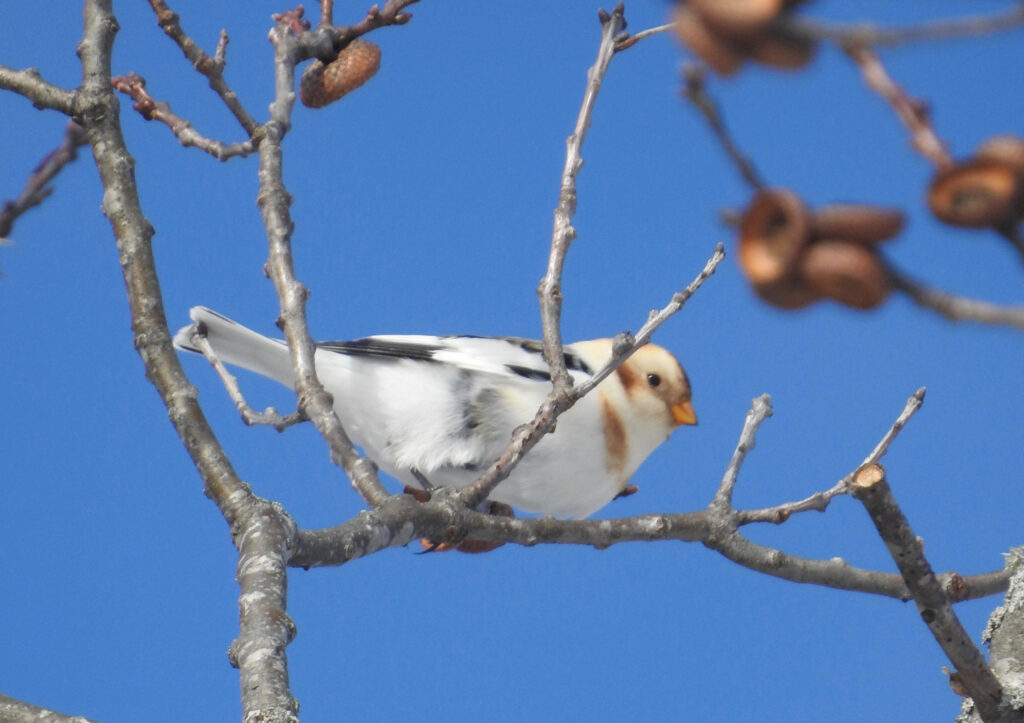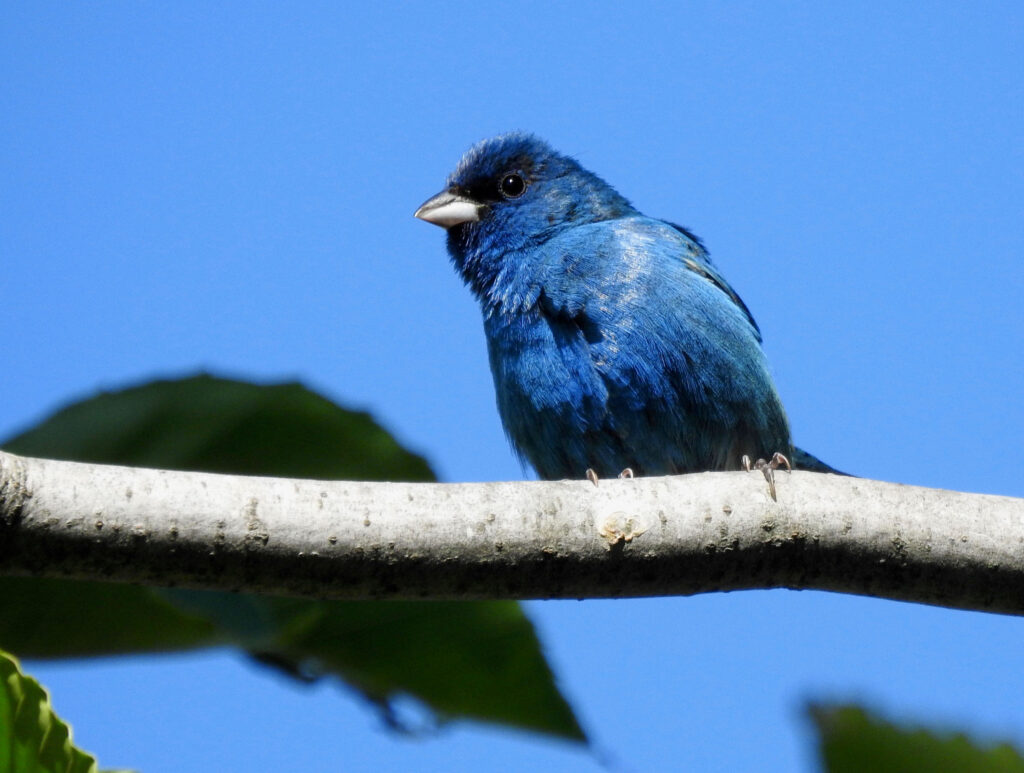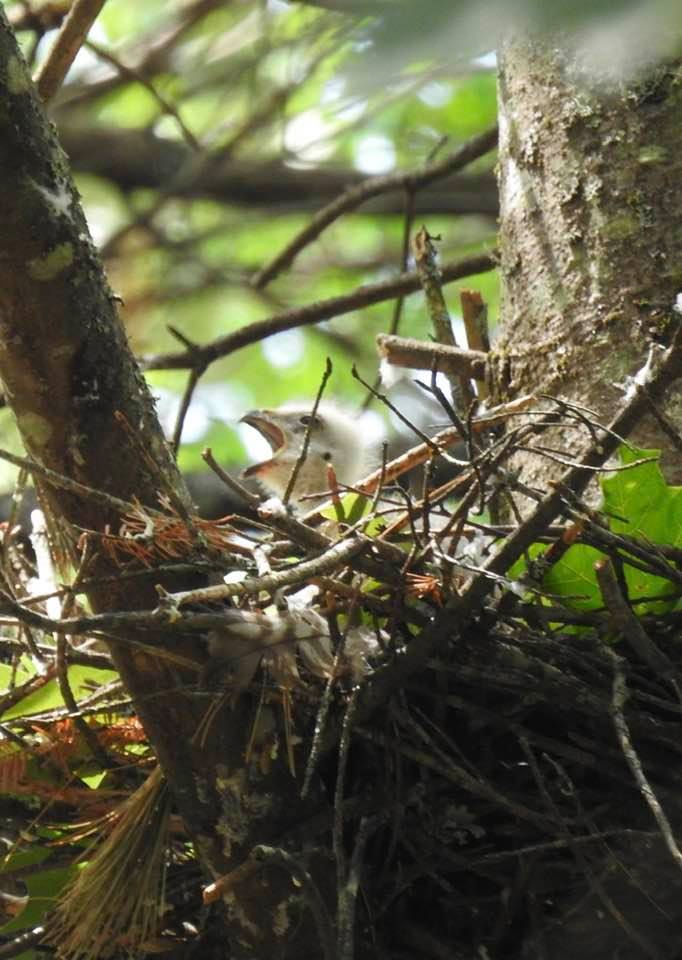The Need for Unspoiled Places
By Kevin Daley
As a child in Massachusetts, I sought peace and joy in nature. My mother was the daughter of a prominent ornithologist, and through family influence, I developed a particular interest in the outdoors. My grandfather had been deeply involved in the preservation of two beloved natural places of my youth: the Monomoy National Wildlife Refuge and the Parker River (Plum Island) National Wildlife Refuge. From as early as I can remember, I believed that regulating land use was the best way to protect birds and other wildlife.
Although my childhood was not a particularly happy one, I was lucky enough to live near what seemed like endless amounts of woods and fields when I was young. I spent hours following deer tracks, looking for birds’ nests, and studying bugs and moss and leaves. My sense of being part of the natural world was a constant that would help define my life and give me comfort for decades to come.

By the time I was in my twenties, the town I grew up in had changed a lot; the creation of Route 495 drastically increased the area’s accessibility, and the population soared. The small pond where I saw my first Scarlet Tanager simply disappeared, and the woods surrounding it (with their massive white pines and maple trees) were replaced with houses and driveways and lawns. What I called “the high meadow,” an elevated spot with abandoned fruit trees, small deer herds, and huge hills created by fire ants, became the site of an exclusive condominium complex. My hometown has retained some of its charm (due, in part, to local conservation efforts), but most of the apple orchards and farms eventually gave way to shopping centers and chain restaurants. And the town is still growing.
“By the time I was in my twenties, the town I grew up in had changed a lot; the creation of Route 495 drastically increased the area’s accessibility, and the population soared. The small pond where I saw my first Scarlet Tanager simply disappeared, and the woods surrounding it (with their massive white pines and maple trees) were replaced with houses and driveways and lawns.”
In 1992, following some years of studying and working in the Boston area and enjoying many of the plusses of city living, I was drawn to the Oxford Hills area of Maine. I was very aware that part of the appeal was the community’s similarity to my childhood habitat — there were still dirt roads and stone walls and fields with wildflowers. I could put myself in a quiet, remote spot where the peace and joy I’d learned to seek as a child wasn’t difficult to find.
Even here, though, I have felt some familiar loss: a department store sprang up in the middle of a mountain view I liked; a hotel and restaurant replaced a lovely old barn and its adjacent cornfields. My small backyard is bordered by a stream; I’ve seen soda cans or coffee cups float by, tossed over the nearby bridge from passing cars. Neighborhood kids on their 4-wheelers frequently scare away the birds that come to my feeders, and that side of the stream is a network of muddy trails instead of the ferns and grasses that attracted dragonflies and sparrows when I first bought the house in 2009.
Still, the Oxford Hills community has taken some steps to plan for its future. In recent years, an active land trust has acquired numerous parcels of land, keeping them from development. A private citizen donated some 150 acres of land as a “preserve,” and although it’s no longer so quiet during hunting season, it’s still a spot where one can find serenity the rest of the time — and it is, presumably, protected for generations to come.
In 2016, I was fortunate enough to be able to buy a cabin and land in Somerset County as a weekend and vacation home. For me, acquiring land was a way to have control over my future; I could create a kind of sanctuary for myself, encouraging wildlife to thrive there and once again having woods and fields to study and enjoy without interruption. Never again, in theory, would I experience the disappointment of seeing the land I love become compromised. I have about 200 acres to explore, and I spend as much time as possible trying to know every square foot. I regularly see deer, coyotes, foxes, porcupines, raccoons, beavers, and more. I have recorded 71 species of birds on the property so far — most recently the first Snow Buntings (a flock of two dozen). This past summer I watched a family of Indigo Buntings nest in some raspberry bushes, and I saw a Broad-winged Hawk feed mice to its two fledglings at the top of a huge pine.

With all of the pleasure this investment brings me, I’m aware of an increasing sense of responsibility that comes with it. Using all of that land as my private “playground” sometimes seems excessive to me. I do have friends and family who occasionally join me at this quiet retreat, and as a high school teacher I started regularly sharing the land with students and coworkers for nature study and camping. As I get older, and as I decide what the future of this land should be, I am increasingly confident that I’m not so much an “owner” of this property, but a caretaker of it. With good luck and good health, I might have thirty more years of full enjoyment of my land, and I’ll try to share it as best as I can. But what then?
I’m not against “progress” and various forms of development. I occasionally shop at the store that blocks the mountain views I loved. I’m even glad, sometimes, that my neighbors at home can enjoy their 4-wheelers, in spite of how invasive they can sometimes feel. But I also value what “untouched” nature can offer us, and believe that one shouldn’t need to be privileged, in the way that I am, in order to experience the peace and joy that can come from easy access to unspoiled and “silent” places.

In the coming years I will reach out to individuals and organizations who have far more knowledge than I about conservation and preservation options to see what might make the most sense for the future of my land. I’m afraid that the property isn’t “significant” in terms of having unusual or valuable habitat. It’s not clear to me whether it has enough appeal to really be sustainable long term. And real estate is also a “commodity.” At this point, I can’t know for sure whether I’ll ever need to look to the property as potential income as I go into my retirement years; ownership could even become a financial burden itself at some later stage of life. If possible, though, I hope to keep the land undeveloped, adding one more “unspoiled place” for future generations to enjoy.
I’m sure that I’m not unique in my experience, and I don’t have any particular answers to the questions that arise when I look at how to prepare and plan for the future of our state or of our planet. I’m finding, however, that I want to become more deeply involved in the conversation. Maine still has so much undeveloped land, but we would be unwise to take that abundance for granted. Those of us who value the gifts of the natural world need to be involved in protecting it. Unspoiled places don’t stay unspoiled by accident.

